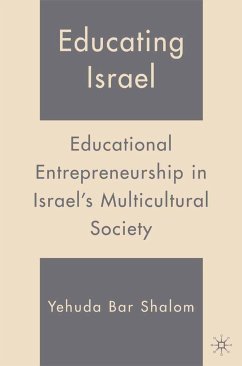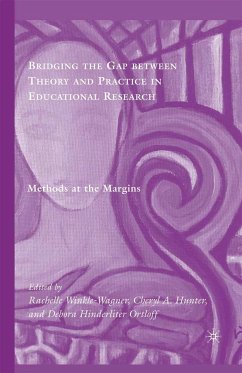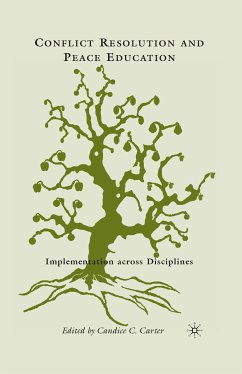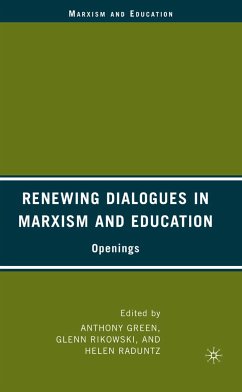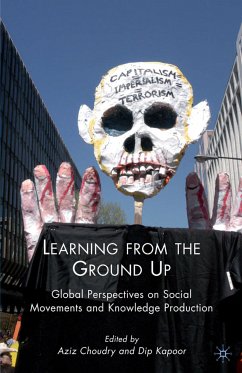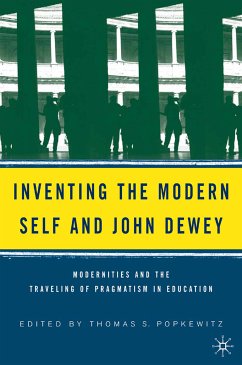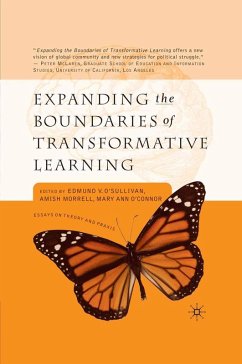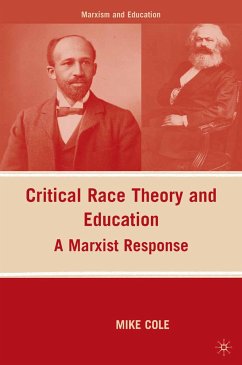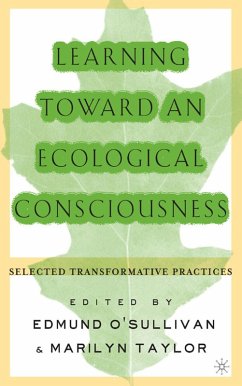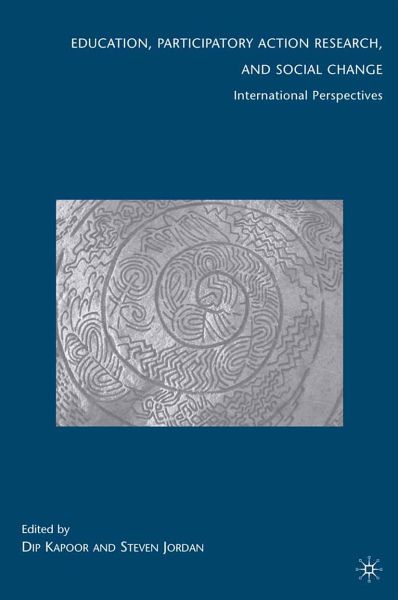
Education, Participatory Action Research, and Social Change (eBook, PDF)
International Perspectives
Redaktion: Kapoor, D.; Jordan, S.
Versandkostenfrei!
Sofort per Download lieferbar
40,95 €
inkl. MwSt.
Weitere Ausgaben:

PAYBACK Punkte
20 °P sammeln!
Drawing primarily from critical traditions in social and educational research, this book frames contemporary issues and several conceptual, theoretical-analytical and onto-epistemic approaches towards the development and practice of PAR (Participatory Action Research) in multiple educational spaces and initiatives for socio-cultural change.
Dieser Download kann aus rechtlichen Gründen nur mit Rechnungsadresse in A, B, BG, CY, CZ, D, DK, EW, E, FIN, F, GR, HR, H, IRL, I, LT, L, LR, M, NL, PL, P, R, S, SLO, SK ausgeliefert werden.



